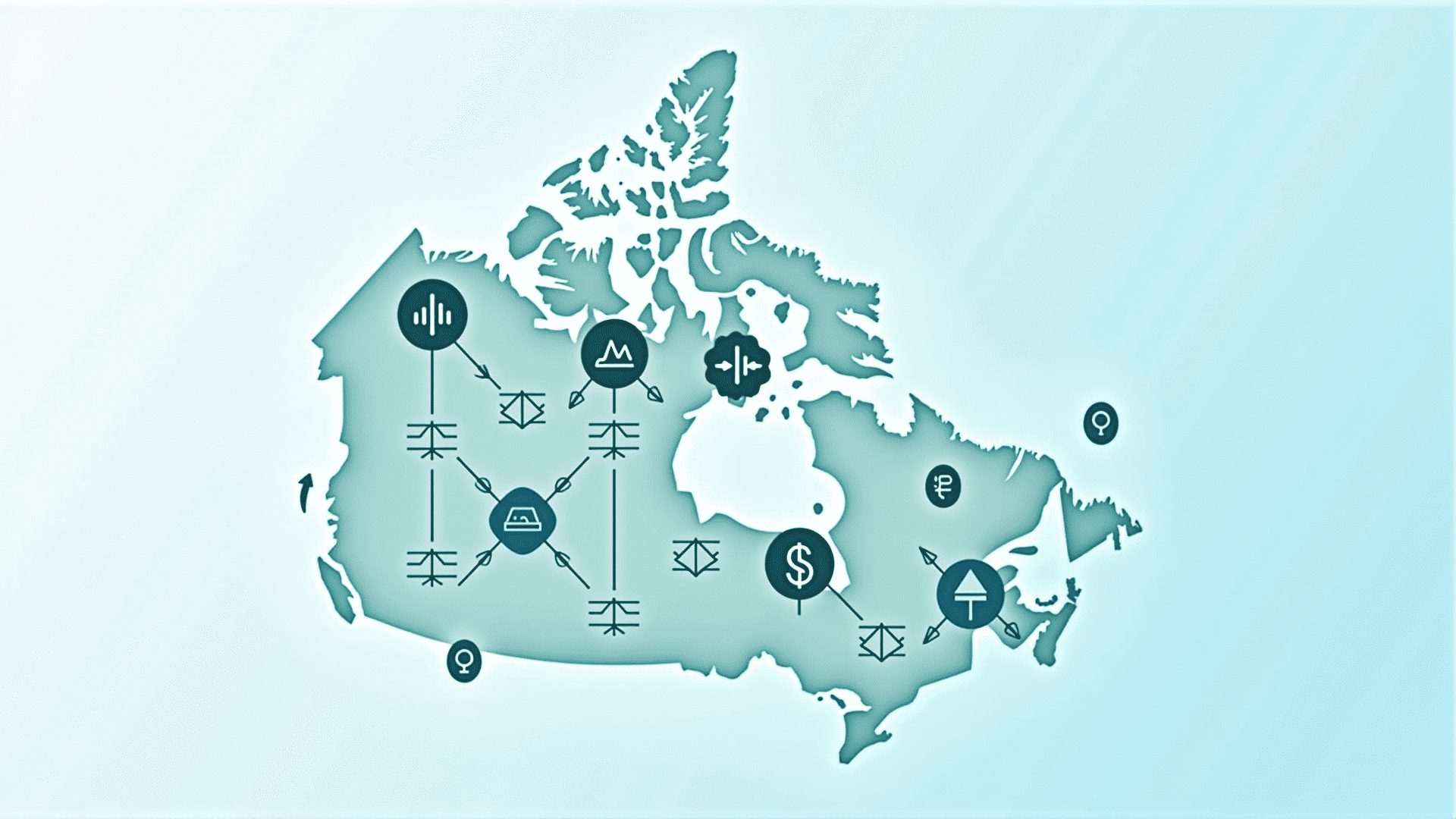Economic theories play a pivotal role in shaping the structural dynamics of countries around the world, and Canada is no exception. By exploring these fundamental concepts, we can gain insights into how they have contributed to Canada's development and explore their ongoing relevance.
One of the cornerstones of economic thought is classical economics, pioneered by figures such as Adam Smith. Classical theories emphasize the self-regulating nature of markets, advocating for minimal state intervention. This perspective has had a notable influence on Canada's market policies, particularly in terms of trade liberalization and fostering competitive markets. These economic principles have encouraged innovation and productivity enhancements, contributing to national growth.
In contrast, Keynesian economics, introduced by John Maynard Keynes, underscores the importance of government intervention, particularly during economic downturns. Keynesian policies have been instrumental in Canada, especially during periods of financial instability. During the global financial crisis of 2008, for example, the Keynesian approach informed the implementation of stimulus packages that aimed to stabilize the economy and reduce unemployment rates. This theory continues to shape budgetary policies, reflecting its ongoing importance.
Another significant framework is the theory of comparative advantage, which examines how distinct regions can engage in trade to mutual benefit. Canada, with its rich natural resources, has embraced this principle, focusing on sectors where it holds competitive strengths. The export of commodities such as timber, minerals, and oil plays a crucial role in bolstering the national economy, allowing for more comprehensive global trade participation.
Furthermore, the emergence of behavioral economics has offered a fresh lens for understanding consumer behavior and decision-making processes. This theory combines insights from psychology with economic models to better predict how individuals make choices, often irrationally. Canadian businesses and policy-makers have started to incorporate behavioral insights to enhance public policies and marketing strategies, aiming to improve societal outcomes and market efficiency.
Monetary policy, often influenced by neoliberal thought, also provides a crucial framework for examining economic stability. The Bank of Canada employs macroeconomic policies, including interest rate adjustments, to control inflation and stabilize the currency. This approach ensures sustainable economic progression, aligning with neoliberal emphasis on monetary stability.
Lastly, the theory of endogenous growth posits that investment in human capital, innovation, and knowledge yield long-term economic benefits. Canada has made significant strides in this area by investing in education and research infrastructure. Institutions across the country are fostering technological advances, contributing to knowledge-based economic sectors and ensuring continued development.
In conclusion, a comprehensive understanding of various economic theories provides a robust framework for analyzing Canada's growth trajectory. These theories offer valuable insights on policy-making and have historically guided decisions that shape the nation's socio-economic fabric. By continuously adapting these frameworks to address contemporary challenges, Canada can ensure sustainable and inclusive growth, maintaining its dynamic position on the global stage.
